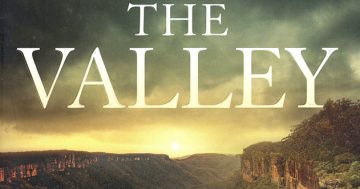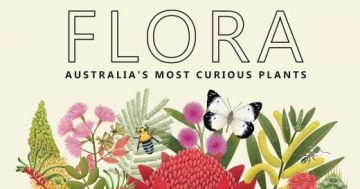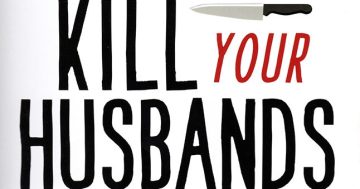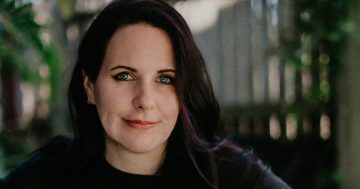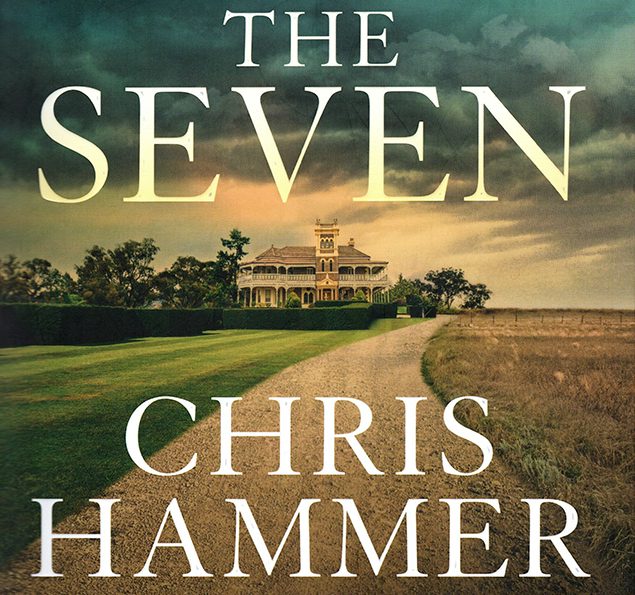
Chris Hammer’s The Seven is superb holiday reading. Photo: Supplied.
Congratulations to Canberra writer Chris Hammer on being awarded the BAD Sydney Crime Writers Festival Danger Award for The Seven. The award recognizes books featuring Australia as a setting for stories about crime and justice. This is the second time Chris has received this award, winning for Trust jointly with Gary Jubelin’s I Catch Killers in 2021.
The Seven (Allen & Unwin) is a slow burn, with historical crimes and those of the modern-day held together by ties of lineage, power, privilege, land and water. The ruling theme of dispossession permeates the three storylines: that of the original (First Nations) custodians of the land, the female children of the landed gentry, and the individuals who chose to buck the system.
Set in the fictional irrigation town of Yuwonderie, the story floats from the present to 1913 and the World War I years to 1993. The Dubbo-based homicide Detective Sergeant Ivan Lucic and Detective Constable Nell Buchanan, whom we have come to know and appreciate from the author’s last novel The Tilt, return to investigate the murder of local accountant Athol Hasluck.
The rest of Lucic’s team will join soon thereafter as the case and others that follow quickly indicate higher levels of complication than a rural crime might have suggested and, along with it, the potential for political fallout.
For this is not only the heart of irrigation country, but it is also a town controlled in every way by seven wealthy landowning families with roots back to the beginnings of European settlement in the district.
With his usual narrative flair and masterly control of plot, Chris Hammer seamlessly brings these elements together in a crime story that encompasses complex social dilemmas and moral questions. The story is grand in its scale, drawing clear lines of intersection between the bigger notion of colonial dispossession and that of family succession.
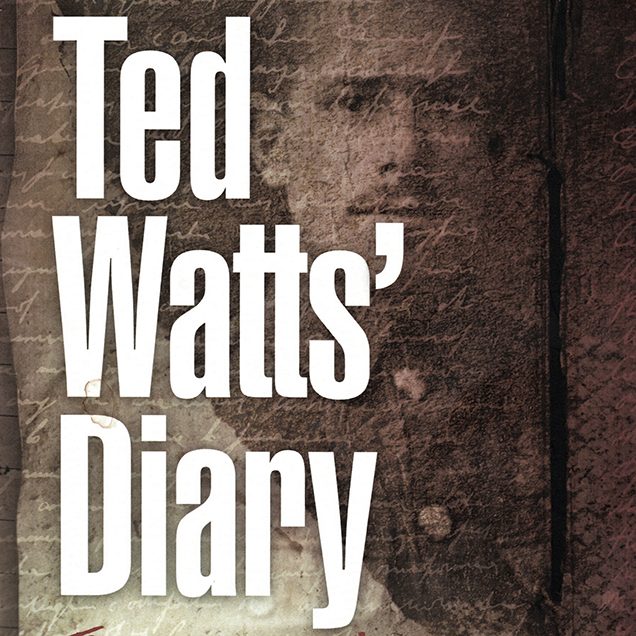
Steve Matthews has drawn on his grandfather’s story for his book Ted Watts’ Diary. Photo: Supplied.
Morality in war is at the core of Steve Matthews’ Ted Watts’ Diary (Big Sky Publishing).
Matthews’ Hitler trilogy was inspired by a personal connection that led him to visit Auschwitz. This latest stand-alone is also born of personal connection.
The author’s grandfather, whose memorabilia Steve has, fought at Beaumont-Hamel in 1916. The author has conjured from this his youthful Ted Watts, who goes on to fight in Gallipoli, Egypt and the Western Front.
We follow Ted through his boyhood years, adolescence and manhood as he faces enormous challenges, deals with people of all shades of good and bad and falls in love. His innate intelligence and kindness carry him through the turmoils of childhood neglect and abuse and the horrors of war.
The focus in this book is always on human interactions, the way the individual fits into the social machine or pushes against it. The story is full of pathos and sadness, lit in flashes by the antics of its people and by the floating love story that takes so long to resolve.
The structure of the story is of an envelope, and it is in the outer tale that the author returns to his interest in the German side of the conflict. He cites acts of cruelty but also the decency of some of the characters portrayed.
This evenness points to the oft-expressed idea that the ‘foot soldiers’ in conflicts may have more in common with one another than with their commanders. Ordinary people are swept up in wars not of their making.
Steve is a dedicated storyteller intent upon immersing his audience in both action and ideas. As a writer of historical fiction, he finds plenty of material already in the public consciousness, but he crafts it into a wild and colourful adventure that deliberately defies categorisation and rebelliously crosses the streams. Eat your heart out, Egon Spengler.
Barbie Robinson is co-founder and a content creator for Living Arts Canberra, a not-for-profit media outfit supporting arts and community in the Canberra region and books worldwide through its website, podcast interviews and a 24/7 internet radio station.












